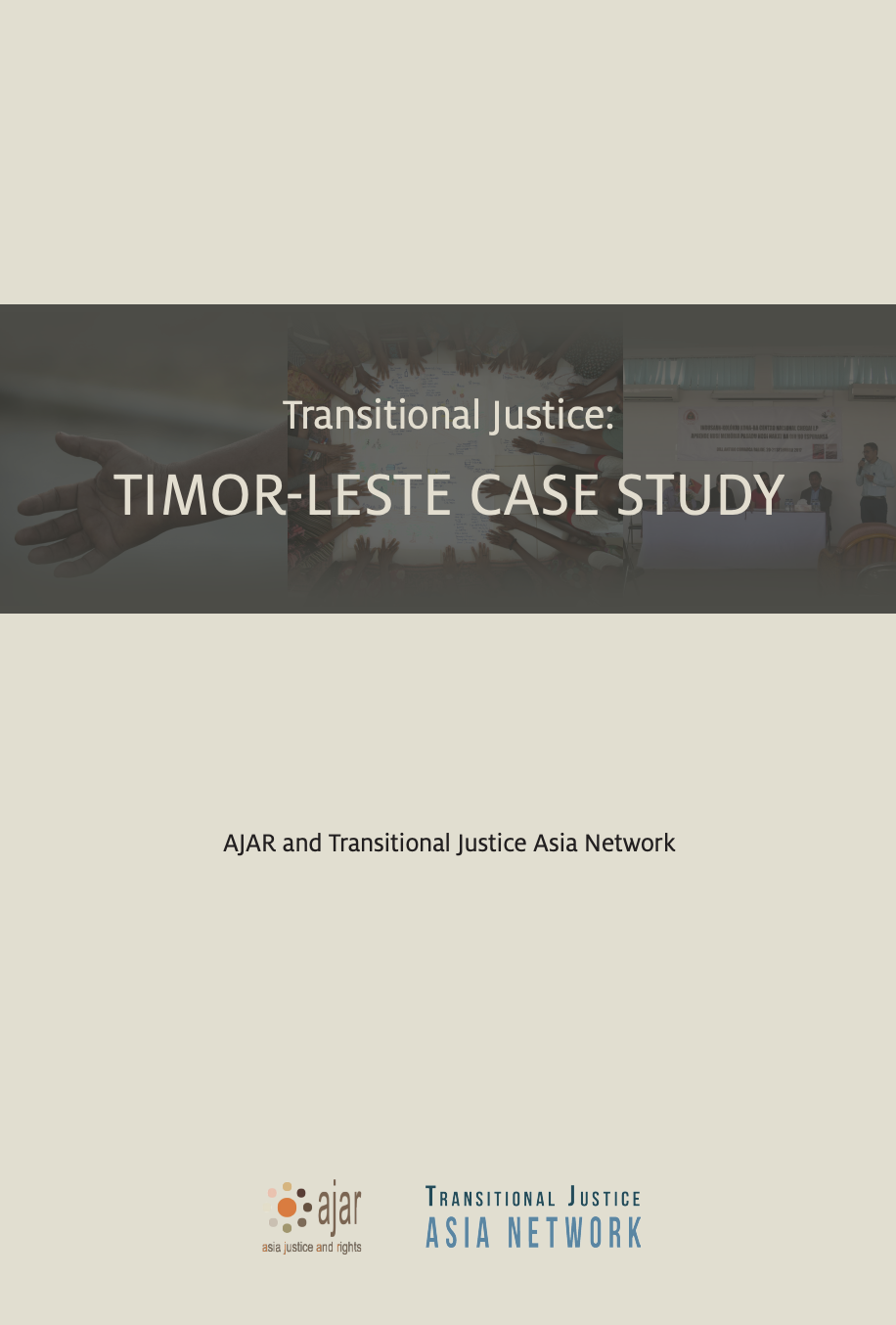Like other parts of the Portuguese empire, East Timor remained under colonial rule into the 1970s. Only when the Carnation Revolution brought democracy to Portugal in April 1975 did decolonisation become possible. However, by August, civil war had broken out between rival political parties. Portuguese authorities took flight. Up to 3000 people were killed and tens of thousands were displaced, with both warring parties committing crimes, including the execution of prisoners.
Indonesian military incursions soon followed. With the support of foreign powers, a full-scale invasion occurred on 7 December 1975. The ensuing quarter century of Indonesian occupation was marked by massacres, famine, sexual violence, torture of prisoners and various other forms of political repression.
The fall of Soeharto in Indonesia in 1998 eventually enabled a democratic solution. In 1999 the new Indonesian President agreed to a vote on independence or special autonomy. The ballot would be administered by the UN but with Indonesia responsible for security. On 30 August 1999, 78.5% of Timorese voters opted for independence. However, the periods leading up to and following the vote were marked by violent attacks against actual and perceived supporters of independence. Up to 1,500 people were killed and many more were tortured, including through sexual violence. Homes and infrastructure were destroyed and around half the population was displaced. Truth-seeking bodies would ultimately conclude that the crimes were orchestrated by Indonesian officials.
Indonesia’s departure was followed by a period of UN administration and ultimately Timorese independence in 2002. Since then political violence has been drastically reduced, although not eradicated. An outbreak of conflict in 2006 required the return of international troops and several senior political and security-sector leaders were implicated as possibly bearing responsibility. An incident on 11 February 2008 resulted in the fatal shooting of an ex-military rebel leader and the serious wounding of then-President José Ramos-Horta. The creation of joint police and military operation in response set a precedent which was subsequently used again in 2015 when dissidents were accused of criminal activity by the government.
